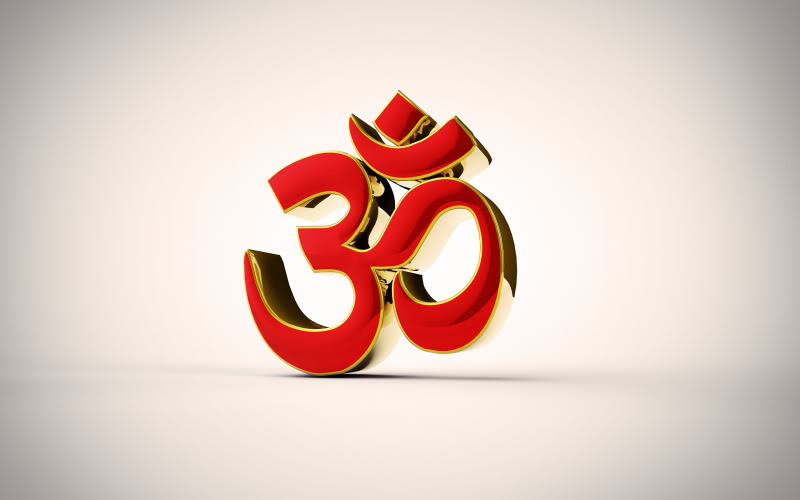Can we term this knowledge as knowledge or is it a belief system?
In the second lecture we had explored into what actually is this knowledge and how does it affect our lives. This question was more to have a clearer idea of what actually is happening with our lives and what exactly should we look for from this knowledge. By this we had also clearly defined what knowledge is, hence we do not wait for some strange happening to take place.
In the third lecture we analyse the belief system to an extent. This is because if this knowledge (Eastern Knowledge- Brahma Vidya) is just a belief system, we need not struggle so hard, for even having gained it, it definitely will roll away in time. That is the nature of Belief. Belief is subject to correction on verification, so we cannot complain of persons changing their beliefs, much less need we struggle hard to gain a strong unshakeable belief in a particular thing. Supposing a person was to believe that Swamiji were to be a good person, he /she would not entertain any bad or evil motives. But then, when one or two clues suggest that the Swami was not as good as one thought him to be on being told by another about some experiences, changes the belief over the Swami. This again is liable to be changed on verifying that the information given was not correct. So, beliefs cannot but change on verification. Earlier people had a belief that the sun was going round the earth and this belief found its way into religion too. Once science revealed the truth that it was earth that was going round the sun, the earlier belief and the structures built on that belief were shelved. There were many people who even gave up religion because they began to believe that religion was unscientific.
Well, you may ask,’ what does it matter whether this Brahma Vidya, is a belief or not?’ A belief is always subjective, hence not true and if Brahma Vidya were to be a belief, it would not be worth gaining or even striving for, for after all the effort and when it comes to relaxing and enjoying it, one will discover it is not true, hence start the search all over again, how happy would one be over the whole exercise? Being subjective, what works for you need not work for me, even if it does, not all the time. Hence, instead of getting duped or cheated at the end, it is always better to first find out whether it is valid, real, useful, etc. “Even a dull-witted fool would not commit to a course of action that does not have a valid and definite result,” is an adage. So, we have to analyse whether this knowledge is a belief in the first place.
The hallmark of knowledge is, it does not change, unlike a belief. A world-wise person, who seeks an object, examines its validity and ensures that the path, instruments and all other things are valid, then resorts to a course of action. We cannot bypass that basic law. Hence, an enquiry has to be done. If I can define Knowledge, it could be “that thought modification that is true to the object, not subject to negation, not a product of memories and does not contain any doubts, vagueness or errors.” (May be, you should do some more research on this. We discussed this elaborately in the lecture). So, knowledge gained is gained for good. Through the lectures and subsequent meditations, you have all ‘seen’ this fact that you are not the limited body-mind-complex or its functions. This is what I first ‘saw,’ when my Master revealed about 27 years ago, which I am ‘seeing’ every moment. I have first hand information about my Master telling me the same thing that I am telling and so did his Master. When we examine the teaching, every teacher says the same thing, and that clearly shows that this has stood the test of time and has been confirmed after study and enquiry. We can make another definition, ‘Knowledge is subject to confirmation on verification, whereas belief is subject to correction on verification’.
Well, this Eastern Knowledge or Brahma Vidya is not a belief system. With this, we need not bother about its validity, its continuity etc. Now what we should enquire into is, how do we gain this knowledge?
Having gained this knowledge we can rest comfortably with the understanding that it cannot, will not roll away.

